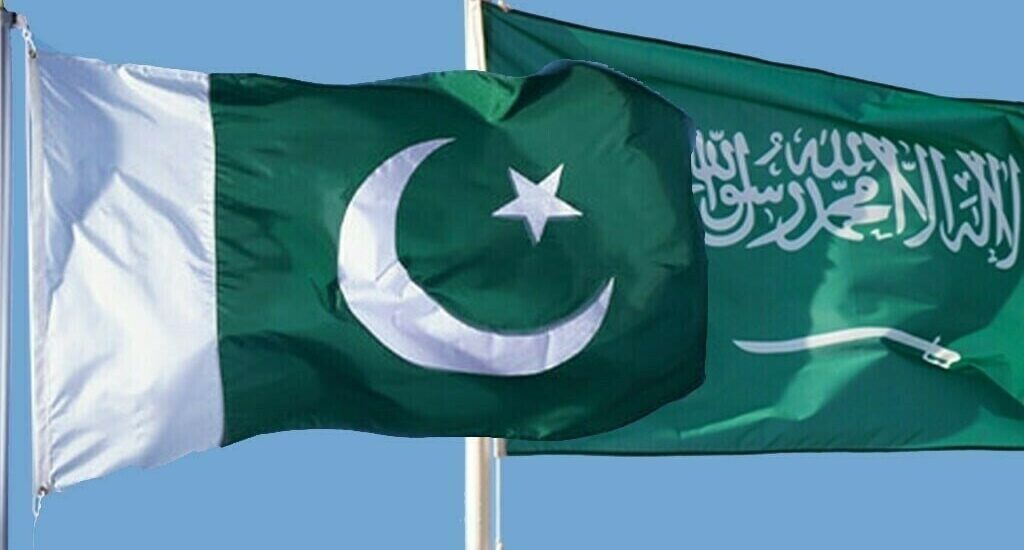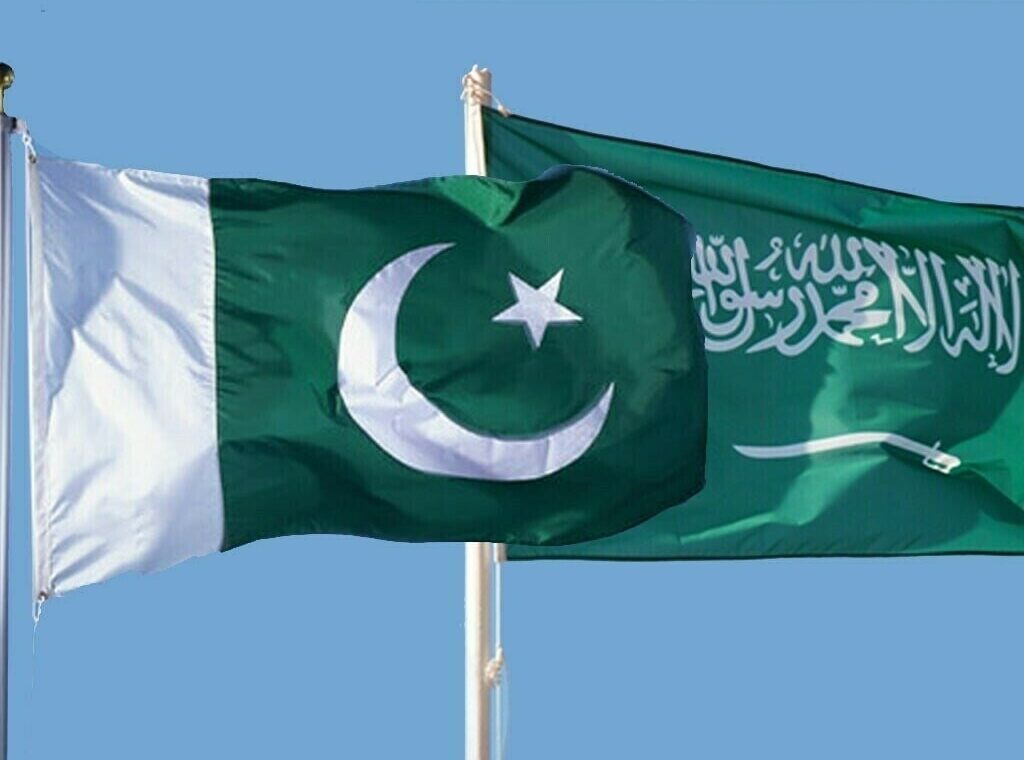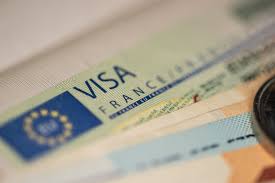
Interim Prime Minister Anwaarul Haq Kakar made a significant announcement on Monday, sharing that the Kingdom of Saudi Arabia (KSA) is poised to inject a substantial $25 billion into Pakistan over the next two to five years, as reported by Reuters.
During his media briefing on Monday, Kakar unveiled the exciting news of Saudi Arabia’s investment plan. This considerable financial injection from Saudi Arabia will be directed towards three key sectors: mining, agriculture, and information technology. This strategic move is part of a broader initiative to boost foreign direct investment in Pakistan.
Pakistan’s Economic Revival: $25 Billion Saudi Injection
Should this investment materialize, it would mark a historic milestone, representing KSA’s most substantial commitment to Pakistan to date.
Pakistan is currently grappling with a pressing financial challenge, requiring substantial funds to address its trade deficit and international loan obligations in the ongoing fiscal year. During the announcement, Prime Minister Kakar refrained from specifying the precise projects that Riyadh is contemplating for investment.
However, it’s worth noting that Barrick Gold Corp recently indicated its willingness to collaborate with Saudi Arabia’s wealth fund in Pakistan’s Reko Diq mine, which could potentially be a part of this substantial investment.
PM Kakar also shed light on the remarkable untapped potential of Pakistan’s mineral deposits, which are conservatively estimated to be worth a staggering $6 trillion.
In addition to the Saudi investment, the government under Kakar’s leadership is committed to finalizing two privatization deals within the next six months. These transactions are likely to involve state-run power sector companies. Furthermore, the government aims to privatize another state-owned enterprise, ideally outside the energy sector.
It is noteworthy that the privatization process in Pakistan has been stagnant, mainly due to its political sensitivity, with successive elected governments avoiding the sale of state assets.
Pakistan currently finds itself on a challenging path to economic recovery, with a caretaker administration in charge following the International Monetary Fund’s approval of a $3 billion loan plan in July, averting a potential sovereign debt default.
Given Islamabad’s ongoing balance of payments crisis and the urgent need to address trade imbalances and debt obligations, Saudi Arabia’s proposed $25 billion investment assumes immense significance. This influx of funds could prove to be a lifeline for Pakistan’s cash-strapped economy, representing one of the most critical foreign investments in recent times.






